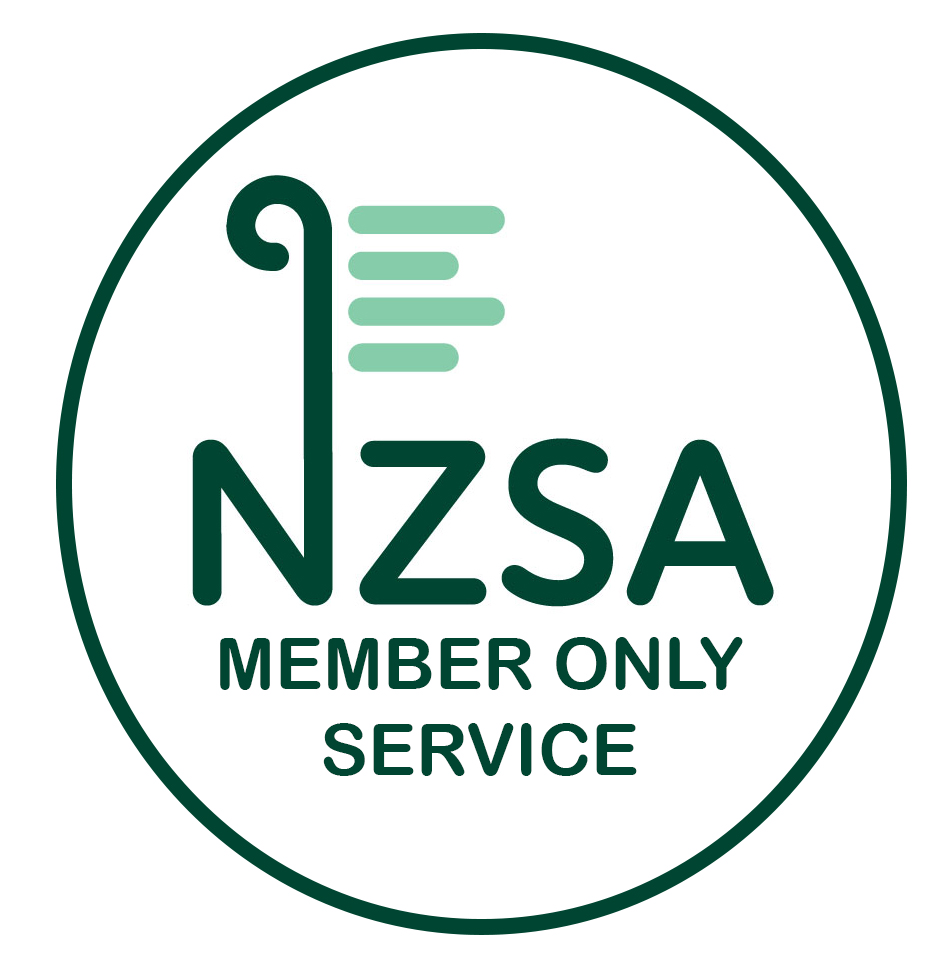Moral Rights: What they are and how they differ from copyright 
Last update: November 2021
NZSA is making this advice available exclusively to members.
The information provided here is of a general nature and may not be up to date. NZSA will not be liable for any reliance placed on this material and specific professional advice should be sought in
any specific circumstance.
Moral Rights
The author of a literary or dramatic work has the right to be identified as the author provided the right has been asserted in accordance with the Copyright Act 1994. The right does not apply in relation to publication in a newspaper, magazine or similar periodical; or an encyclopaedia, dictionary, year-book or other collective work of reference or a literary or dramatic work made for the purposes of such publication, or made with the consent of the author for such publication.
Moral rights arise only in a completed work. Authors also have the right to object to certain treatments of their work which are derogatory (see below).
What are moral rights?
Moral rights are rights provided to authors under copyright law in order to protect both their reputation and the integrity of their work. They protect the uniqueness of individual creative self- expression. Moral rights are independent of copyright.
The Copyright Act provides authors with three rights. They are:
- the right to be identified as the author of a work (the right of attribution);
- the right not to have a work falsely attributed to them; and
- the right to object to derogatory treatment of the work (the right of integrity).
Section 98(1) of the Act states: ‘The term treatment of a work means any additions to, deletion from, alteration to, or adaptation of the work.’ This protects authors from their work being used in a derogatory way that may negatively affect their character or reputation.
How can moral rights be asserted?
Moral rights can be asserted by the author typing on their manuscript that they are asserting their moral rights.
How long do moral rights last?
Moral rights last for the same time as copyright in a work, the term of which is usually the authors’ life plus 50 years.
How are moral rights different from copyright?
Copyright is designed to protect the ‘economic rights’ of the copyright holder. Moral rights, on the other hand, protect the reputation and integrity of the author. As an author, you retain your moral rights even if you do not own the copyright in your work.
What works do moral rights apply to?
Moral rights apply to a wide range of works including:
- artistic works – including drawings, paintings, sculptures, graphs etc.
- musical works
- dramatic works – plays, film scripts etc.
- written material – novels, textbooks, poems, songs, journal articles etc.
- computer programs
Can I sell or transfer my moral rights?
No. Moral rights cannot be assigned to another person except upon the death of the author. Unlike copyright, moral rights cannot be bought, sold or licensed.
Can moral rights be waived?
Yes. Moral rights can be waived in New Zealand and will not be infringed if an author has consented to their work being used in a particular manner. This is called author’s consent and it will usually appear as a clause in the contract. This consent must be in writing and needs to specifically detail the way the author will allow the work to be used. It may apply to current or future works. An author should be vigilant to check that their contract does not give the publisher the right to change a manuscript without their consent.
What would be considered an infringement?
The Copyright Act states that ‘The treatment of the work is derogatory if, whether by distortion or mutilation of the work or otherwise, the treatment is prejudicial to the honour or reputation of the author.’
There are numerous ways that moral rights can be infringed. They include:
- not attributing a work to its rightful author or falsely attributing the work to someone else
- reproducing a falsely attributed work
- treating a work in a derogatory fashion, which can include distorting, mutilating or materially altering the work
- dealing commercially with or importing a work that had been treated in a derogatory fashion.
If an infringement occurs, the author of the work is entitled to take legal action.
What can I do if my moral rights have been infringed?
The ‘right of integrity’ implies the right to object or seek redress. Few authors could afford to take a publisher to court over such a complex matter as detailed editing changes, which makes it difficult to see how moral rights can be asserted. However, during the editing process authors have the right to object to changes which impinge on their integrity.
Are there any defences to infringement?
Yes. There are cases where either not attributing a work to the author or treating a work in a derogatory manner would not constitute a breach of moral rights. These include the author’s consent, as well as reasonable use.
The Copyright Act 1994 provides a defence to infringement if the use of a work was reasonable. There are a few considerations in determining what constitutes ‘reasonable’. These include:
- the nature of the work
- the purpose for which it was used
- whether the work was created while in employment
- if there are two or more authors, their views about how the work was used or attributed
- relevant industry practice.
What is relevant industry practice?
The law takes into account that different industries operate in ways where strict adherence to moral rights is not practical. A good example is the advertising industry where large groups of people work on single advertisements. It would be very difficult to meet the right of attribution by listing in advertisements every single person involved in the creative process.
